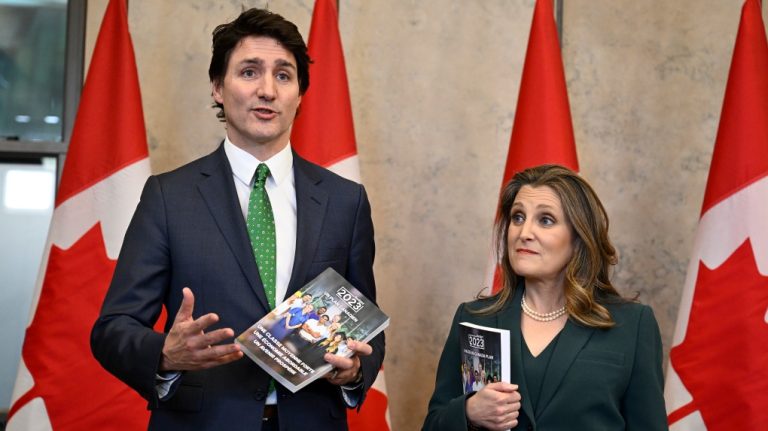Budget 2023 shows progress in the federal government’s commitment to combat climate change while creating good green jobs. The government should be commended for its investment in training for sustainable jobs, as well as its move to push the private sector towards creating good jobs while making clean energy investments.
However, the majority of money allocated amount to corporate subsidies via tax credits, rather than direct public investments.
Moreover, Budget 2023 lacks additional investments in industries that would reduce carbon emissions, such as public transit and building retrofits.
The omission of new transit funding while cities cut services is particularly concerning. While the government has scaled up capital investment in public transit through the Permanent Transit Fund in 2021, experts agree that municipalities need federal operations funding to expand services. Without improved reliability and frequency of service to a level that can get more Canadians moving on public transit over a personal vehicle, transportation sector emissions cannot be significantly reduced in the time we need.
Likewise, under the government’s current approach to decarbonizing buildings, millions of low-income Canadians will not be able to benefit from the cost savings that comes from residential decarbonization due to the high upfront costs of retrofitting. This was also an opportunity to build new energy efficient housing at a scale needed to address the national housing crisis that was not seized upon in this budget.
Rather than relying solely on the private sector to provide a much-needed decarbonization of the Canadian economy, the government should be building up public sector capacity to take the lead in publicly-led energy, transit, and building retrofits development.


